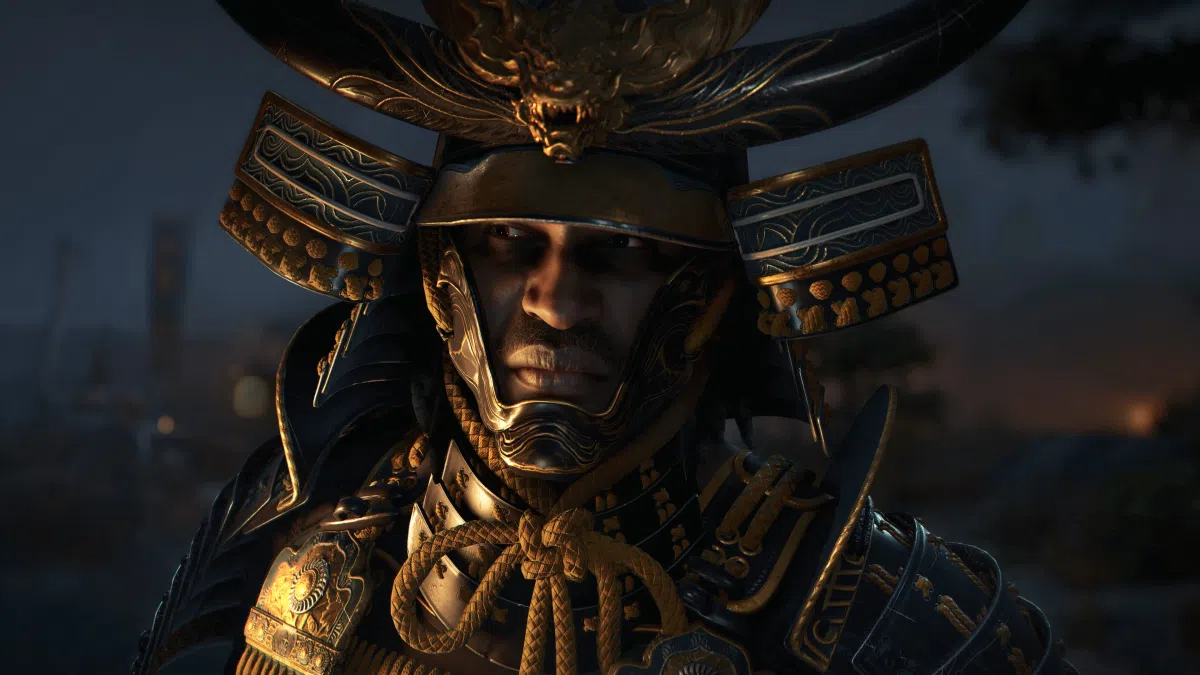Ubisoft is actively addressing the intense reactions and debates surrounding the upcoming game, Assassin’s Creed Shadows, which is set in feudal Japan and features a Black protagonist named Yasuke. The reveal of these elements has sparked discussions about historical accuracy and perceived forced diversity, leading to polarized comments from various sections of the gaming community. Additionally, Ubisoft faced criticism for the unauthorized use of a flag in the game’s concept art, further complicating the game’s reception before its release.
In response to these controversies, Ubisoft CEO Yves Guillemot has emphasized the company’s commitment to a “player-centric and gameplay-first” approach in their latest earnings report. He mentioned an ongoing review by the Executive Committee, aimed at improving the company’s execution and addressing the dynamics behind the polarized comments.
The intention is to enhance the group’s reputation while also maximizing the sales potential of their games. This reflects an awareness of the sensitive topics that can arise from character representation and historical contexts in video games.
Guillemot’s remarks indicate a proactive strategy to ensure that future releases, particularly Assassin’s Creed Shadows, resonate well with players. He stressed the importance of a focused approach that prioritizes player experience, stating that Ubisoft must intensify their commitment to execution. He reassured fans that they were willing to take the necessary time to ensure that the game launched as a polished and exceptional experience on day one.

In a separate but related statement, Guillemot reiterated that Ubisoft’s aim is not to push any specific agenda regarding the representation of characters within their games. This comment further highlights the company’s awareness of the criticisms they face, particularly concerning the portrayal of Yasuke as a samurai, a debate that has been part of the broader discussion surrounding the game. By acknowledging these challenges, Ubisoft is attempting to clarify its stance and engage constructively with its audience.
Ultimately, the ongoing discourse surrounding Assassin’s Creed Shadows underscores the complexities of representing diverse narratives in gaming. Ubisoft’s response to the polarized comments reveals their commitment to addressing player concerns while striving to deliver a high-quality gaming experience. As they navigate these discussions, the company appears focused on balancing artistic expression with historical context, ensuring that their games reflect a thoughtful engagement with the diverse stories they wish to tell.







